when will we ever learn?
On Tuesday, Oregon experienced what many other states are experiencing, a school shooting. My social media sites are filled with people expressing concern and compassion as well as with degrading, vicious comments about the fifteen-year-old shooter and his family. Each time violence occurs in the U.S., I find myself pulling away from the mainstream narrative. People are quick to make disparaging comments. Quick to judge offenders as “evil.” Even turning on each other when in disagreement. It seems that people are unwilling or unable to step back and contemplate the bigger picture. I wonder if is because when we step back — no matter how far we think we are from the tragedy — we see that we play a role in the story and therefore, we are complicit in some way.
Violence sucks. I cannot be eloquent about this. I am a pacifist, a trained mediator, and I wear my heart on my sleeve. I choose not to watch violent television, movies, or other media including mainstream news (in part because it impacts my nervous system and sleep). I am not in denial about violence. I am a survivor of violence. I understand that the human mind is soft and full of places for violence to creep in making a home in the psyche; normalizing violence and encouraging anxiety about the world. I treat violence as an unavoidable toxin; while I know it exists and is floating in the air I breathe, I don't pour it into a glass I drink from.
When I heard about the school shooting on Tuesday morning I did not grow angry or righteous. Instead, I grew quiet and introspective. The lyrics of Pete Seeger's "Where Have all the Flowers Gone" and the line "when will they ever learn?" spinning in my mind. It is a vulnerable thing to admit that I do not trigger into anger, because anger is ‘the correct’ reaction if one cares about children and their safety. Anger is only a spark, it can ignite action, and, if left to linger, it can become destructive (think: chronic inflammation or regular arguments with a loved one).
We like to blame mental illness, bad parenting, and guns for the reason(s) why a person or people become(s) violent. These things contribute but they, too, are symptoms of more pervasive problems. The complicity I mentioned earlier, comes to light when we realize that, collectively, we’re not effectively preventing alienation, oppression, and disconnection (for our kids and ourselves) through our voting, protesting, and the choices we make each and every day in what we consume through ‘lifestyle’ (unconscious habit and addiction). Our kids (because they are all our kids) are suffering and there is not one simple bad guy to blame for the problem to resolve. There are people to hold accountable, to apply the practice of justice to — yet, we keep voting them into office and positions of power, where dis-ease is manifested, likely for profit. Shooters are symptoms of this dis-ease. Certainly, shooters are responsible and accountable, AND they are not the origin of the problem. We need to step out of our self-pacification and delusion, and into the raw, difficult, unpleasant present moment.
If we were to take steps back and look at the whole picture we might see things we are not ready to see. We might relate to or have empathy for the offender once we gain context of their story. We might identify with their pain. We might become compassionate to everyone involved in the story. Actually... we will relate, identify, and feel compassion when we shift from outrage and judgement to seeking to understand. And this makes most of us very uncomfortable because we’re programmed by duality and there is some sort of comfort in there being a ‘bad guy’ to scapegoat. Of course, we are all responsible for our behavior — and, “all behavior makes sense in context” [author, unknown].
Compassion is not about granting permission. It is not about accepting violent behavior or giving a pass to someone who makes choices that harm others. Compassion is the serum to alienation, oppression, and disconnection and thus the most impactful and lasting solution to ending violence. Compassion is about choosing to understand someone long enough to recognize where the break from inner peace took place. Without this understanding, we cannot prevent the next tragedy.
It is my hope that we start learning from these tragedies and begin a new safety-oriented discourse. One that stems from a place of curiosity and “unconditional positive regard” [Carl Rogers]. A discourse that seeks to understand rather than persecute. When the exception becomes the rule, we are fools to hold accountable only those who are reacting to this violent world with the violence we teach them through media, gaming, politics, and war.
In a peaceful world, accountability is queen and compassion, her scepter.
Maybe people worry that if they spend time seeking to understand a violent offender they might be infected with whatever it is that creates the violence in the first place. Maybe it is rooted in our biology and our unconscious need to ensure our own survival. The irony is, that when we give compassion in lieu of persecution, people heal (including and especially ourselves). It is a huge mistake to believe that “bad” people don't deserve to heal. A mistake because the fewer oppressed, alienated, and disconnected people there are in the world, the more peace there will be.
Change begins within.
